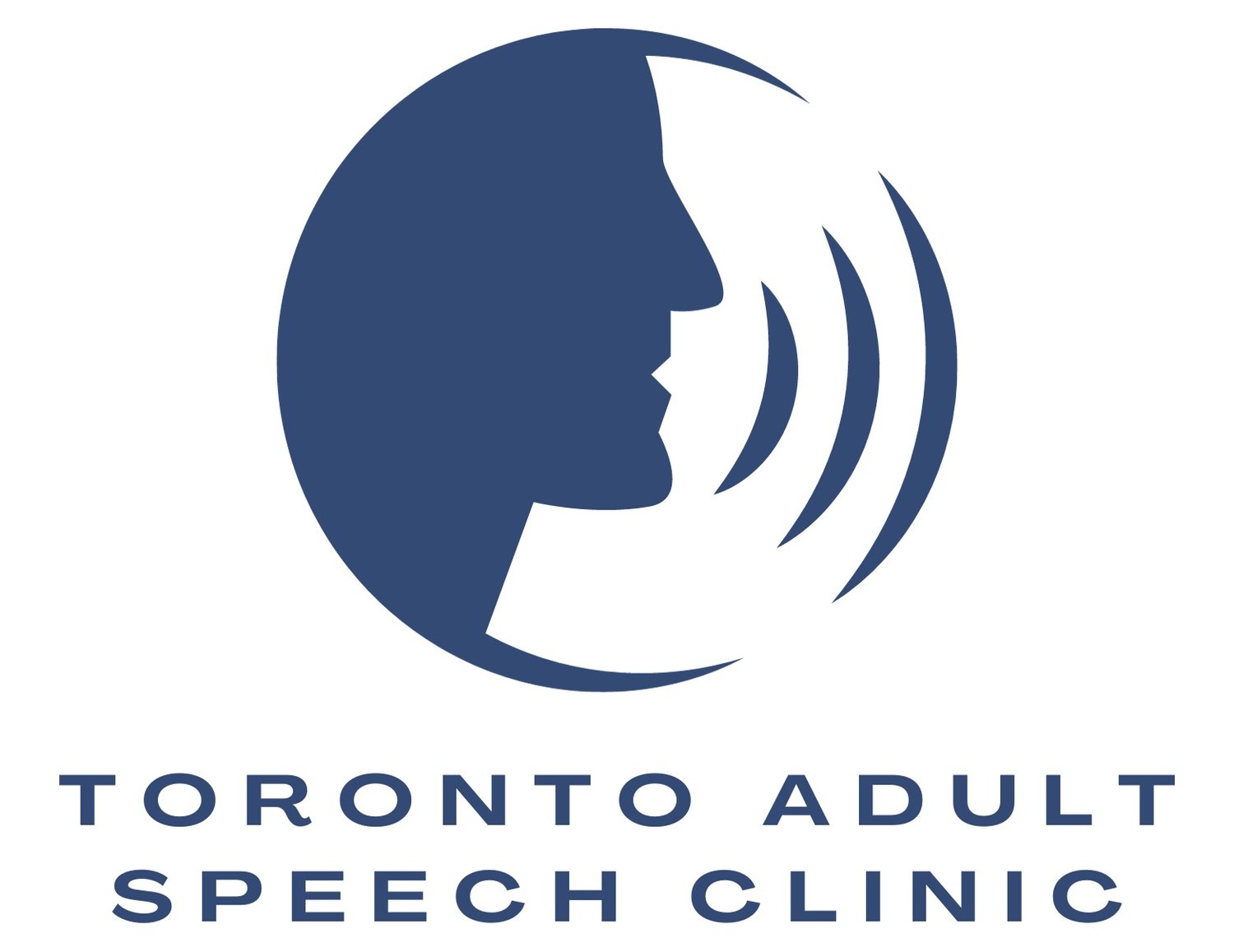When Your Voice Gets Schooled
When Your Voice Gets Schooled
Vocal Health and Care Tips to Protect the Voices of Teachers In and Out of the Classroom
By Suzanna Miller
As another school year winds down, many teachers are looking forward to some much-needed time off and the prospect of a restful few weeks. Other than resting their bodies and minds, teachers should also be thinking about resting their voices.
Teachers are twice as likely to experience voice problems in their lifetime in comparison to many other professionals. In fact, it is estimated that over half of teachers will develop a voice disorder over the course of their career. That is compared to about 20% of the general population.
Teachers are occupational voice users- this means that they rely on their voices for their careers. Not only do they need to speak for long stretches of time, they also have to make sure they are speaking loudly enough to be heard over chatty students, thin walls, and the multitude of noises that occur in a classroom environment. Vocal misuse or overuse over time can even lead to painful and disruptive voice disorders such as polyps (a lump that forms on one of the vocal folds as a result of acute trauma/abuse/misuse), vocal nodules (irritating lumps on the vocal folds from chronic abuse/misuse), and muscle tension dysphonia (caused by overworked muscles of the neck, throat, tongue, and jaw). (see post here)
Female teachers are particularly at risk of developing a voice disorder. This is partly due to the physiological and anatomical differences in the “voice box” (larynx) and lungs of females. On average, females’ vocal folds are shorter, producing higher frequency sound, which means that the vocal folds oscillate more frequently than that of their male counterparts. The average female’s vocal folds are also thinner, meaning there is less tissue to absorb the vibratory forces behind sound. In addition, researchers purport that there are physiological differences in respiration, which is the powerhouse of speech. Females may use more effort on inhalation, tiring out the respiratory muscles, requiring more breaths per minute to sustain speech that is loud enough to hear in a loud classroom. With consistent vocal misuse or overuse, these speaking and breathing patterns can lead to a perpetually strained, tired and even disordered voice.
Another thing to consider is that teachers may be at risk of damaging their voices based on their daily nutrition routine. Many teachers will often substitute well-rounded meals for snacks and fast foods and will avoid hydrating due to scant opportunities to eat and go to the restroom during the school day. These nutrition habits can potentially lead to gastrointestinal disorders with the potential for acid reflux irritating the larynx. Lack of hydration has a dramatic effect on vocal health, as the vocal folds and body in general require adequate hydration to function optimally and not become irritated.
These vocal health obstacles can seem daunting for busy and overworked teachers. There are, however, functional ways to begin to care for the voice before damage sets in:
● Hydrate whenever possible to keep the body AND vocal folds healthy and less prone to irritation.
● Practice vocal warm-ups and cool-downs before and after the school day. If other occupational voice users like singers and radio presenters do this, you can too!
● If you are experiencing difficulties projecting your voice, talk to school administration about acquiring a personal amplification system to use in the classroom. Not only would a system like this preserve the voice, but it would also be beneficial to any students who might have a hearing loss. You could also speak to a speech-language pathologist who could help you learn to project your voice in a healthy way.
● Attempt to spread out demands on the voice throughout the school day by incorporating “vocal naps.”
● Adopt nonverbal cues to get students’ attention (eg. ringing a bell, raising a hand etc)
● Be confident in knowing your voice. If it starts feeling tired, strained, or even begins to cut out, take that as an alarm bell that your voice is being overworked. Seeking outside help is the first step toward voice health.
Voice issues are preventable. If you notice any changes in your voice, seek the support of a speech-language pathologist.
At TASC, we are passionate about vocal health and are here to help you protect and preserve your voice.
Contact TASC today for more information about how a speech-language pathologist might be able to help you be proactive about your vocal health. Services are often covered under health insurance plans.

